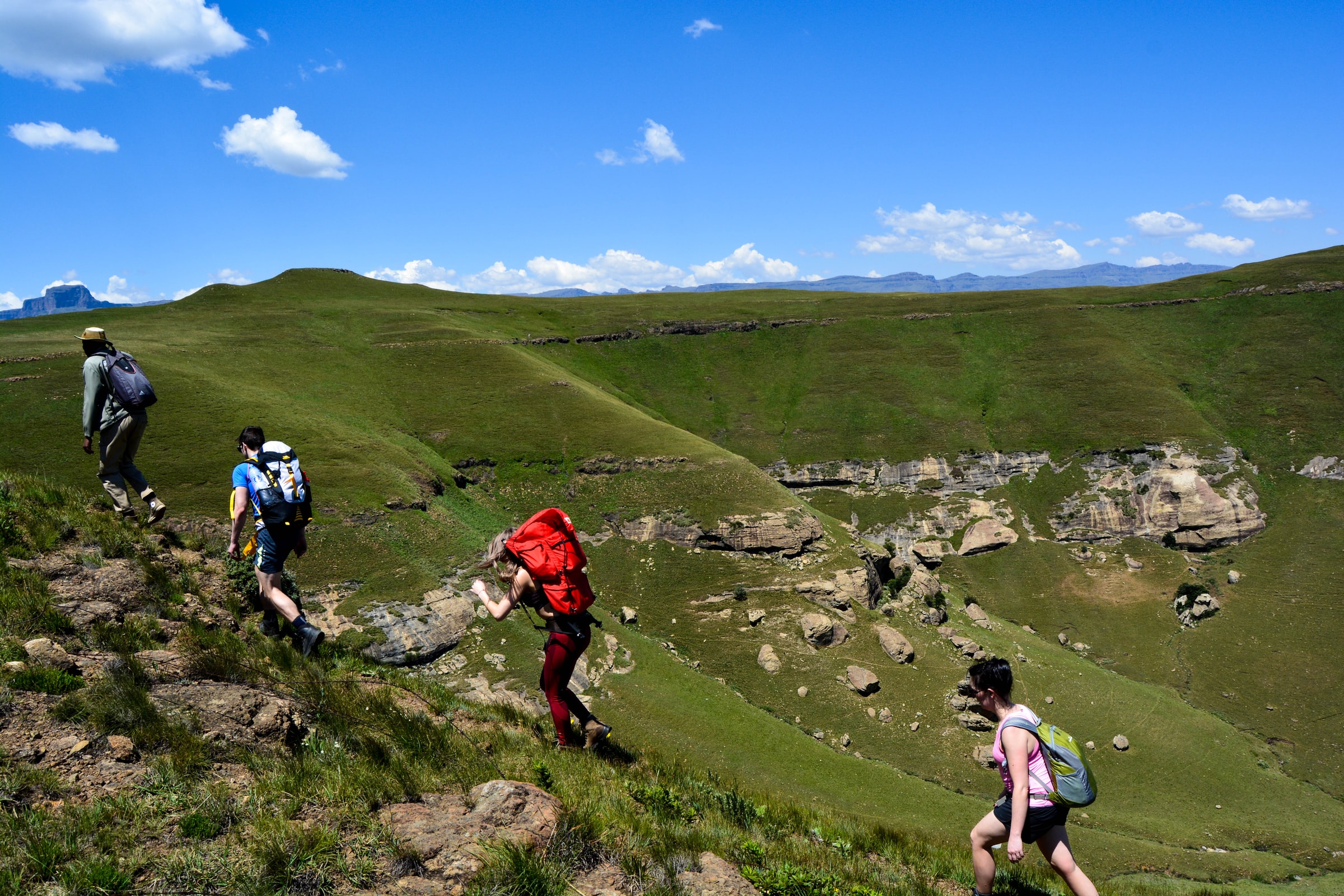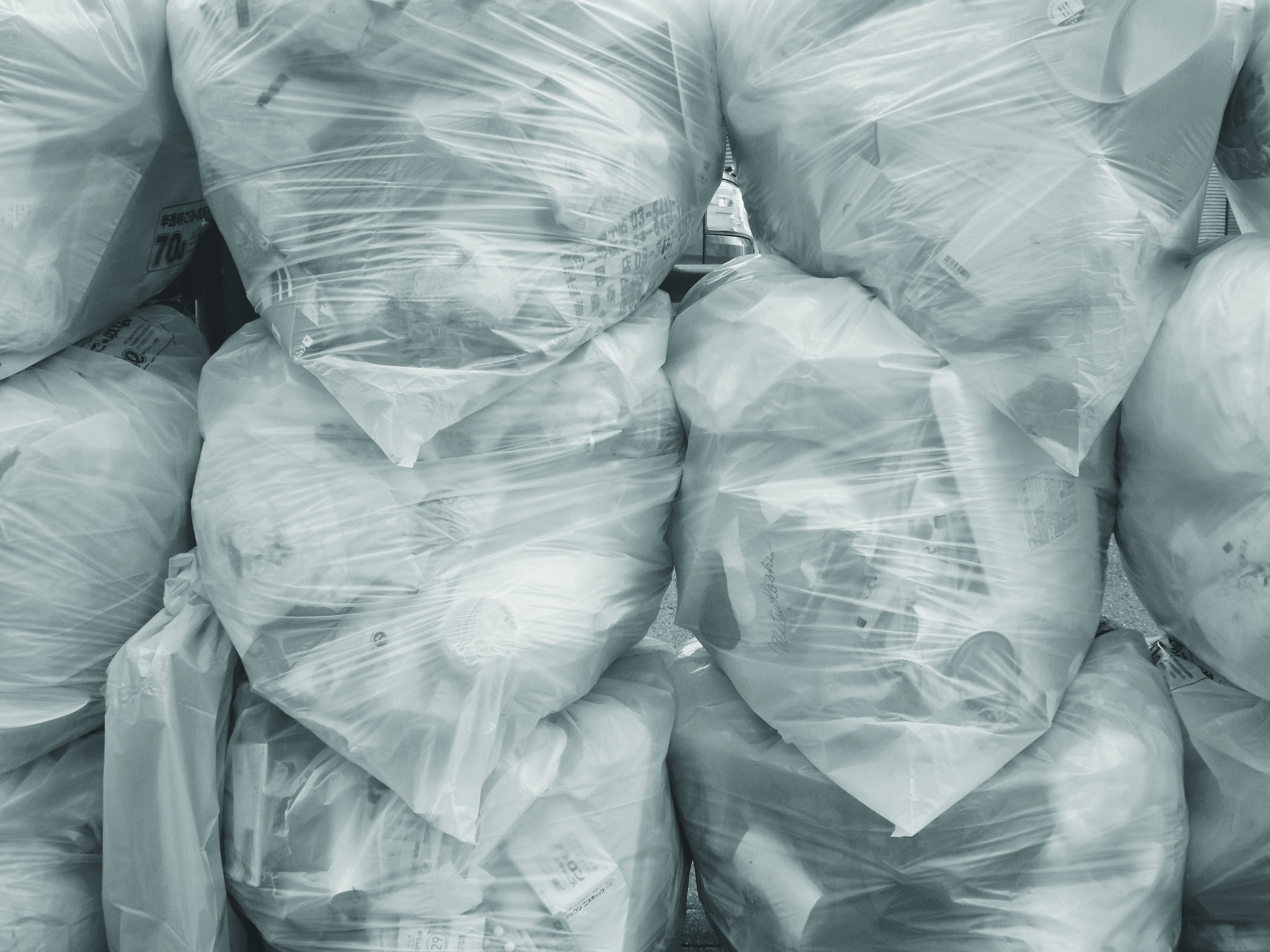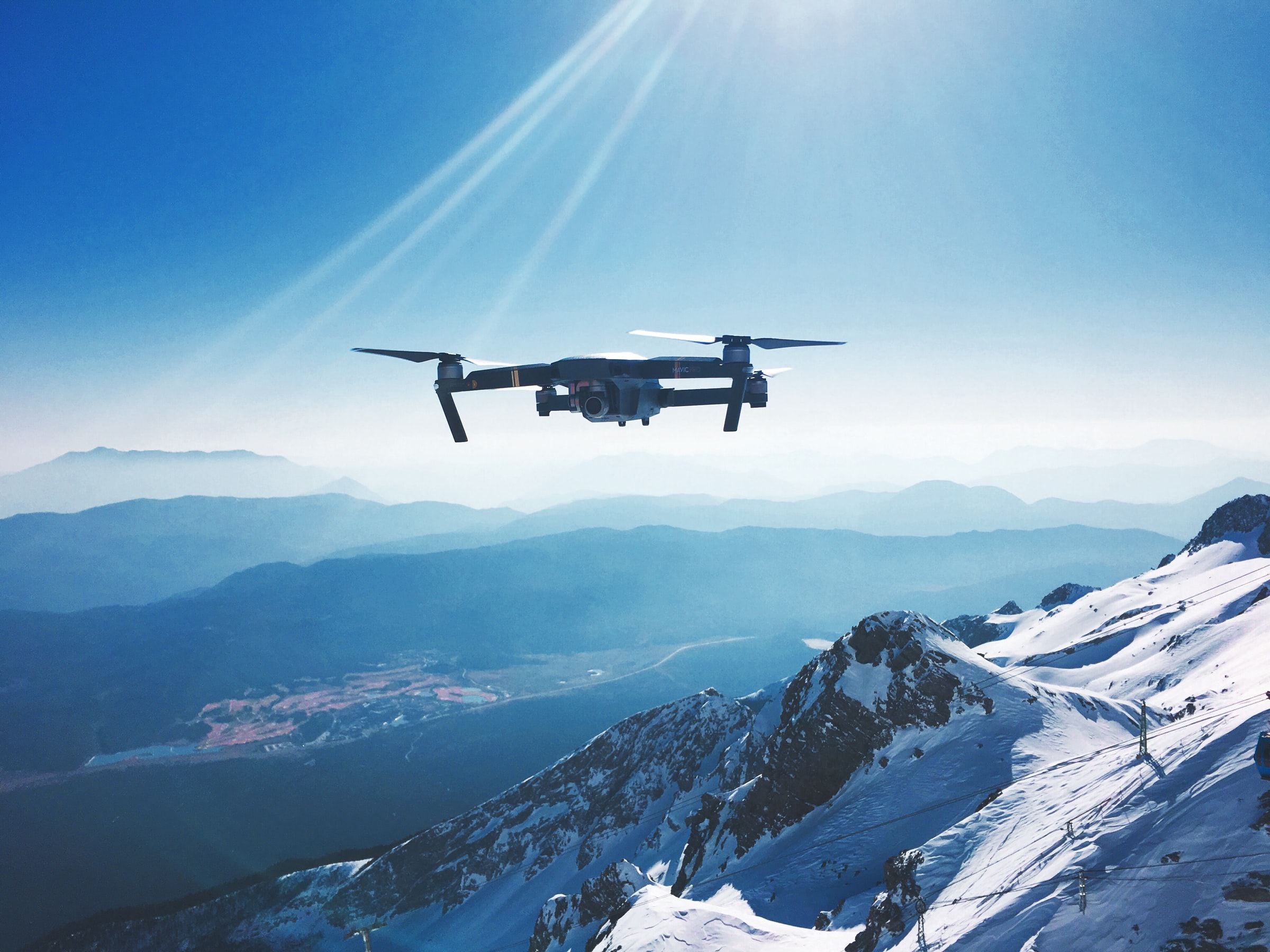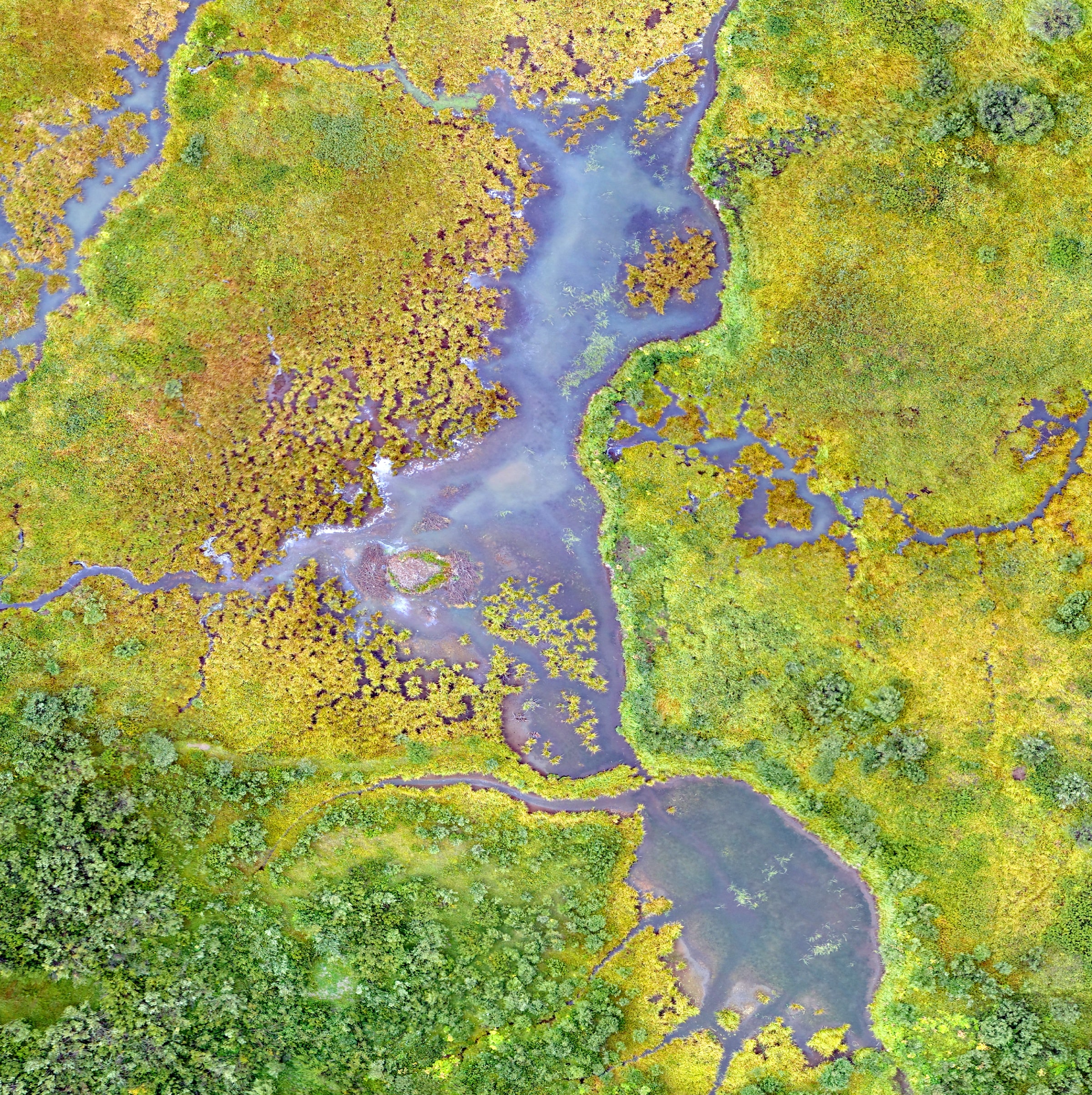IMPEL projects
-

Good practices in the implementation of the EU Action Plan against Wildlife Trafficking
2018
OngoingThe implementation of the EU Action Plan against Wildlife Trafficking requires broad support, not just from the EU institutions, but also the EU agencies – Europol and Eurojust –, the Member States and their relevant agencies, the EU delegations, Member States Embassies in third countries.
[Read more] -

National Peer Review Initiative (NPRI)
2019
OngoingThe project aims at setting the basis for the development of autonomous Peer Review activities in National Networks of Environmental Authorities and Agencies. It can be used as an instrument to improve own performances through dialog, collaborative confrontation and sharing of good practices among the peers belonging to the same network.
[Read more] -

WEEE Article 17 Free-riders Project
2019
OngoingAccording to the WEEE directive 2012/19/EU (respectively the implemented national law: e.g. ElektroG in Germany) every producer of electrical and electronic equipment has to be registered in the national register (Germany: stiftung elektro-altgeräte register) to ensure that they will fulfil their responsibilities, when their sold products become waste (e.g. WEEE).
[Read more] -

Mapping of the European Agencies involved in implementing the environmental acquis
2017 - 2019
CompletedThe IMPEL network has grown significantly since 2008 when it became an independent Association registered under Belgian Law. In 2008 there were 38 member authorities in 2008 versus 51 in 2016. However, there are still significant gaps in IMPEL’s membership as well as active involvement in project activities. This is particularly clear given IMPEL’s recent re-structuring to include Nature Protection and Land & Water activities in its work programme. More than that though, there is also a clear need to work at a sub-national level with regional and local authorities who manage and carry out implementation and enforcement activities. This was reiterated by the European Commission during a recent meeting with the IMPEL Board in Brussels on 27 May 2016 but also with the Committee of the Regions who hosted the General Assembly in Brussels in 2014. Up to now, IMPEL’s membership from sub-national authorities is rather limited and this needs to change if we are to improve implementation more broadly in Europe.
[Read more] -

Capacity Building and Training
2019 - 2021
CompletedIn the last several years IMPEL and the European Commission have issued their positions concerning capacity building and consequently different IMPEL projects are now taking the initiative to develop their ideas on how to support its members in implementing the products that they deliver.
[Read more] -

IMPEL Waste & TFS Conferences
2006
OngoingMany projects and activities of the Waste and TFS Expert Team are based on the European Waste Shipment Regulation (EC) Nº 1013/2006 (WSR). Being a Regulation and including a cross-border aspect, it is of high importance to have an active and practical European network of inspectors and regulators that meet on a regular basis to exchange practical experiences. Not only environmental inspectors, but also Customs and Police officers and the Judiciary. Ongoing IMPEL-TFS projects continue to show the need for establishing and above all maintaining good and practical collaboration between Member States, third countries and relevant international organisations.
[Read more] -

Use of technology in regulation
2015
CompletedAll inspectorates are required to be as efficient and effective as possible whilst still offering existing or even expanded services. Recent IMPEL Review Initiatives have yielded information on various technological advances being made by regulatory agencies within Europe. This mini conference intends to share the learning of not only what is out there but also the back story of the pitfalls/costs of development & teething issues that lead to the finished product. This is not about sharing minimum criteria more the art of the possible and how to get there as efficiently as possible.
[Read more] -

Supporting IED Implementation
2015
OngoingThe project aims to share knowledge and good practices among regulatory professionals and developing guidance and training materials to support the effective implementation of the Industrial Emissions Directive (IED). Specific outcomes of the project over the next four years (2021-2024) will be:
[Read more] -

Onshore Oil and Gas Regulation
2015 - 2019
CompletedThe intense public debate on the shale gas industry has brought the spotlight on the whole onshore oil and gas industry, how it is regulated and what is considered best practice for the industry. The EU regulatory framework has recently been assessed by the European Commission (EC), which published a ‘Recommendation’ for minimum principles for the extraction of hydrocarbons (including shale gas) using hydraulic fracturing, with the intension to review its implementation in August 2015. However, this work did not look at the existing practices of the onshore oil and gas industry.
[Read more] -

Environmental incident and emergency response
2018
CompletedThere is a diversity of national laws and regulations requiring operators to put in place plans and arrangements to prevent, respond to, and remediate environmental damage as a result of natural and technological incidents. Environment Protection Agencies also operate under a variety of duties and requirements to help operators prevent incidents, and to plan and execute incident and emergency response. This diversity of duties and requirements is likely to have resulted in inconsistent arrangements to prevent, and respond to, environmental incidents.
[Read more]
Reset filters
Filter by tags
Sector
action
topic/legislation
